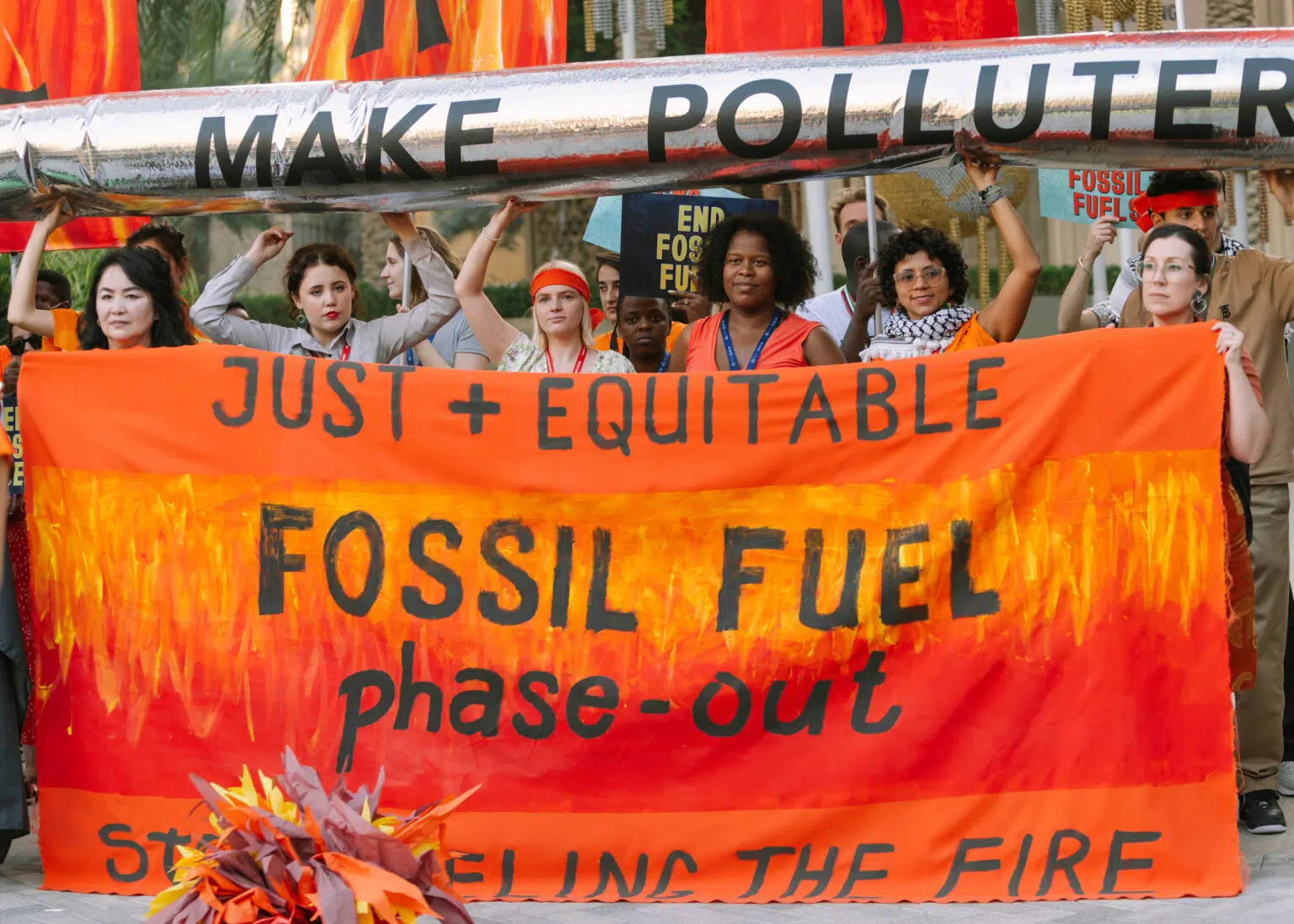West Bank Pogrom ‘Underscores Urgent Need to Dismantle Apartheid’: Amnesty
Original article by BRETT WILKINS republished from Common Dreams under Creative Commons (CC BY-NC-ND 3.0).

“The appalling spike in settler violence against Palestinians in recent days is part of a decadeslong state-backed campaign to dispossess, displace, and oppress Palestinians in the occupied West Bank,” said one Amnesty official.
Amnesty International said Monday that the ongoing surge in deadly violence by Israeli settlers and soldiers in the West Bank “underscores [the] urgent need to dismantle apartheid” in the illegally occupied Palestinian territories.
For more than a week now, Israeli settlers have been attacking West Bank Palestinians in towns and villages including Al-Mughayir, Duma, Deir Dibwan, Beitin, and Aqraba, killing at least four people including a child; wounding dozens of others; and destroying homes, vehicles, and other property.
Israel Defense Forces (IDF) troops have either stood and watched or participated in the settler attacks, which the Israeli human rights group B’Tselem and others are calling a “pogrom.”
Amnesty said the “alarming spike in violence by Israeli settlers against Palestinians across the occupied West Bank in recent days highlights the urgent need to dismantle illegal settlements, end Israel’s occupation of the occupied Palestinian territories, and its longstanding system of apartheid.
“The appalling spike in settler violence against Palestinians in recent days is part of a decadeslong state-backed campaign to dispossess, displace, and oppress Palestinians in the occupied West Bank, including East Jerusalem, under Israel’s system of apartheid,” Amnesty Middle East and North Africa regional director Heba Morayef said. “Israeli forces have a track record of enabling settler violence and it is outrageous that once again Israeli forces stood by and in some cases took part in these brutal attacks.”
“Establishing Israeli settlements in the occupied Palestinian territories flagrantly violates international law and constitutes a war crime,” Morayef added. “Violence is integral to the establishment and expansion of these settlements and to sustaining apartheid. It’s time for the world to recognize this and pressure Israeli authorities to abide by international law by immediately halting settlement expansion and removing all existing settlements.”
The latest wave of settler violence was sparked by the disappearance of Binyamin Achimair, a 14-year-old Israeli from the illegal settler outpost of Mal’achei Hashalom who went missing on April 12 while herding sheep near the village of Al-Mughayir east of Ramallah. As Israelis searched for Achimair, settlers began attacking Al-Mughayir’s residents and property.
Achimair’s body was found the following day. Israeli officials said he was killed in a “terrorist attack.” However, no Palestinian resistance group has claimed responsibility for the incident. A 21-year-old Palestinian man was arrested Monday in alleged connection with the boy’s death.
Late Friday, IDF troops and armored vehicles surrounded the Nur Shams refugee camp east of Tulkarem and besieged the community of more than 6,000 Palestinians during a 50-hour raid in which residents were shot, homes were destroyed, and scores of people were arrested.
By Saturday, IDF soldiers had killed 14 people in the camp, including at least one child. More than 40 other Palestinians were wounded.
“I saw one of my relatives, Jihad Zandiq, put his hands in the air to the soldiers but then they shot him anyway from point-blank range and killed him. Half of his skull exploded,” eyewitness Mahmoud Qazmouz told Middle East Eye on Sunday.
Palestinian officials said Israeli troops attacked first responders attempting to rescue victims, including a volunteer paramedic who was shot in the leg.
Meanwhile, a funeral was held Sunday for Mohammed Awad Allah Musa, a 50-year-old Palestinian Red Crescent Society volunteer paramedic who was shot dead Saturday by Israeli settler-colonists while trying to reach Palestinians wounded by rampaging settlers in the town of Sa’wiyah south of Nablus.
The Nur Shams raid and ongoing settler attacks came as the U.S. State Department on Friday announced new sanctions targeting far-right Israeli settler leaders including Ben Zion Gopstein, the founder and head of the Jewish supremacist group Lehava.
The Biden administration—which backs Israel with billions of dollars in military aid and diplomatic support—is also reportedly considering imposing sanctions on the IDF’s Netzah Yehuda battalion over war crimes committed in the West Bank before the current Israeli war on Gaza, including the January 2022 death of Omar Assad, a 78-year-old Palestinian American man.
Responding to the prospect of the first-ever U.S. sanctions on his country’s military, far-right Israeli Prime Minister Benjamin Netanyahu said Sunday that “I will fight it with all my strength.”
According to the Palestinian Health Ministry, at least 485 Palestinians have been killed by Israeli soldiers and settlers in the West Bank since October 7, when Gaza-based militants attacked Israel. More than 1,100 people were killed in the attack—some by responding Israeli forces—and over 240 Israelis and others were kidnapped by Hamas and other militants.
Israel’s 199-day retaliatory assault on Gaza—which critics including Israelis have called genocidal—has killed at least 34,151 Palestinians, mostly women and children, while wounding over 77,000 others, according to Palestinian and international officials. At least 11,000 Gazans are missing, presumed dead and buried beneath the rubble of the hundreds of thousands of homes and other buildings that have been destroyed or damaged by Israeli bombardment. Around 90% of Gaza’s 2.3 million people have been forcibly displaced, and Israel’s continued obstruction of humanitarian aid delivery has fueled a burgeoning famine in which dozens of people, mostly children, have perished.
Original article by BRETT WILKINS republished from Common Dreams under Creative Commons (CC BY-NC-ND 3.0).
- Israeli Rights Group Condemns Settler ‘Pogrom’ Against Palestinians In West Bank ›
- Rights Group Says Israel Uses Settler Violence Against Palestinians To Take Over West Bank Land ›
- ‘This Is A Pogrom’: Omar Slams Continued US Military Aid For Israel Amid Settler Violence ›
- With All Eyes On Gaza, Israeli Soldiers And Settlers Kill Dozens Of West Bank Palestinians ›
- UN Condemns Israel’s ‘Unlawful Killings’ And Settler Violence In West Bank ›
